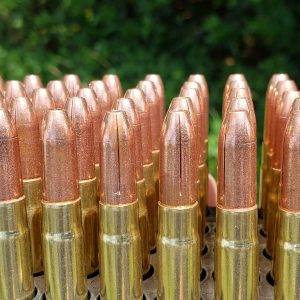Self Defense Ammo
If you’re considering purchasing a firearm for personal defense, there are a number of important decisions that need to be made before you buy. The primary decisions are which model and caliber handgun you’ll carry, and these are important considerations.
You need a firearm that is comfortable to carry and shoot, and it needs to be chambered in a caliber that produces manageable recoil and generates enough energy to stop an attacker. Many new shooters spend a great deal of time researching which firearm best suits their needs, and, since this is a gun you are relying on to protect your life and the lives of your loved ones during a dangerous encounter, this is not a decision that should be taken lightly.
Relatively few shooters, however, spend much time selecting the proper self defense ammo, and that is a mistake.
A bullet’s effectiveness or “stopping power” has a great deal to do with how that bullet is constructed. Lead bullets, for instance, tend to expand very rapidly, because lead is a soft metal. For this reason, all-lead bullets aren’t considered an optimum choice for self-defense. Even in powerful calibers like the .40 Smith & Wesson and .45 ACP, lead bullets tend to deform rapidly and don’t penetrate as well as copper jacketed bullets, and that lack of penetration can cause serious problems in a defensive shooting situation.
At the other end of the spectrum are full metal jacket bullets, often referred to as FMJ. As the name indicates, these bullets have a core (usually made of lead) that is fully surrounded by a copper jacket. Because copper is harder than lead, these bullets tend to penetrate very well; because they do not expand, however, there is relatively little transfer of energy or damage when compared to other bullet designs.
Showing all 18 results
-
Sale!
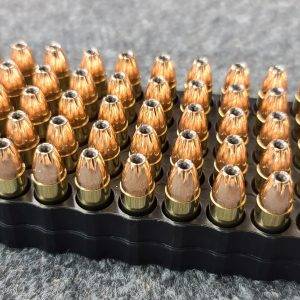
9mm Hollow Points 124 gr. (50 Rounds) Re-Manufactured
Original price was: $30.00.$25.00Current price is: $25.00.Out of Stock (Get Notified)
Read more Quick View -
Sale!
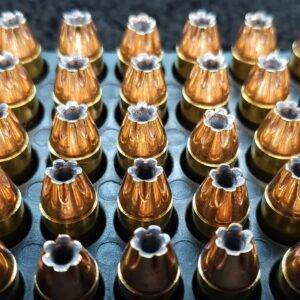
.380 auto 100 gr. Self Defense Hollow Points (50 Rounds) (New Brass)
Original price was: $35.00.$28.00Current price is: $28.00.70 in stock
Add to cart Quick View70 left in stock! -
Sale!
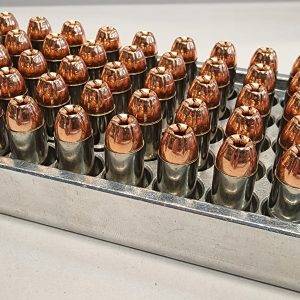
45 ACP 230 grain Hollow Points (50 Rounds) (Re-Manufactured)
Original price was: $45.00.$35.00Current price is: $35.00.12 in stock
Add to cart Quick View12 left in stock! -
Sale!
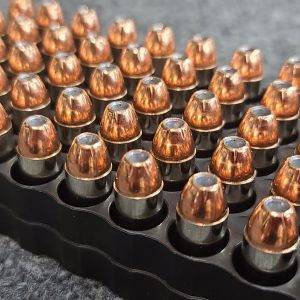
.40 S&W 180 gr. Hollow Point (50 Rounds) (Re-Manufactured)
Original price was: $35.00.$27.00Current price is: $27.00.26 in stock
Add to cart Quick View26 left in stock! -
Sale!
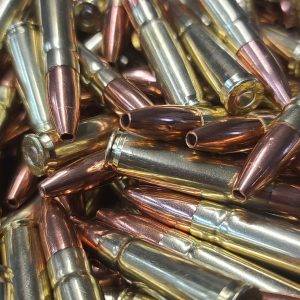
300 Blackout – 130 gr Speer® Varmint HP -Supersonic Ammo (50 Rounds) Re-Manufactured Ammunition
Original price was: $52.00.$42.00Current price is: $42.00.Out of Stock (Get Notified)
Read more Quick View -
Sale!
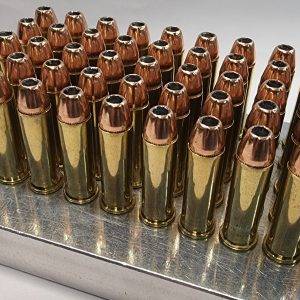
38 Special HP (50 Rounds) Hornady XTP 158 grain Hollow Point (Re-Manufactured)
Original price was: $46.00.$38.00Current price is: $38.00.55 in stock
Add to cart Quick View55 left in stock! -
Sale!
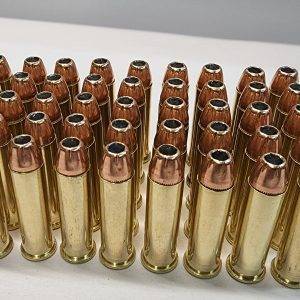
357 Mag. HP (50 Rounds) Hornady XTP 158 grain Hollow Point (Re-Manufactured Ammunition)
Original price was: $40.00.$33.00Current price is: $33.00.24 in stock
Add to cart Quick View24 left in stock! -
Sale!
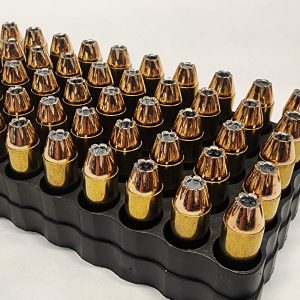
10mm Hollow Points 180 gr. JHP (50 Rounds) (Re-manufactured)
Original price was: $36.00.$30.00Current price is: $30.00.8 in stock
Add to cart Quick View8 left in stock! -
Sale!

9mm Hollow Points 124 gr. (200 Round Bulk Pack) Re-Manufactured
Original price was: $117.00.$97.00Current price is: $97.00.Out of Stock (Get Notified)
Read more Quick View -
Sale!
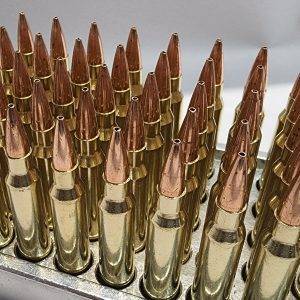
223 Rem. 75 grain Boat Tail Hollow Points (100 Rounds) (Re-Manufactured Ammunition)
Original price was: $99.00.$80.00Current price is: $80.00.Out of Stock (Get Notified)
Read more Quick View -
Sale!
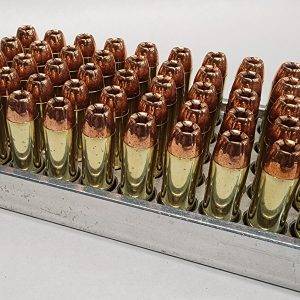
Subsonic 9mm 147 gr. Hollow Points (200 Bulk Pack) Re-Manufactured
Original price was: $140.00.$110.00Current price is: $110.00.Out of Stock (Get Notified)
Read more Quick View -
Sale!

45 Long Colt 230 grain Hybrid Hollow Point (50 Rounds) (New Brass)
Original price was: $70.00.$55.00Current price is: $55.00.Out of Stock (Get Notified)
Read more Quick View -
Sale!

Subsonic 9mm 147 gr. Hollow Points (50 Rounds) Re-Manufactured
Original price was: $35.00.$29.00Current price is: $29.00.Out of Stock (Get Notified)
Read more Quick View -
Sale!
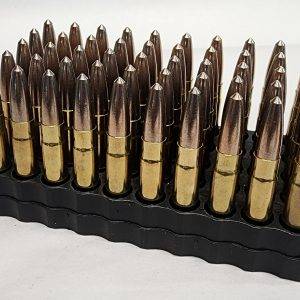
.300 Blackout 125gr Frangible (50 Rounds) Re-Manufactured Ammunition
Original price was: $36.00.$30.00Current price is: $30.00.Out of Stock (Get Notified)
Read more Quick View -
Sale!

.300 Blackout 125gr Frangible (250 Rounds) Re-Manufactured Ammunition
Original price was: $180.00.$150.00Current price is: $150.00.Out of Stock (Get Notified)
Read more Quick View -
Sale!
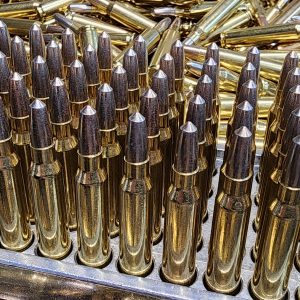
223 Rem 45 gr. Frangible Target Ammo (100 Rounds) Re-Manufactured Ammunition
Original price was: $72.00.$60.00Current price is: $60.00.Out of Stock (Get Notified)
Read more Quick View -
Sale!

223 Rem 45 gr. Frangible Target Ammo (250 Rounds) Re-Manufactured Ammunition
Original price was: $175.00.$145.00Current price is: $145.00.Out of Stock (Get Notified)
Read more Quick View

